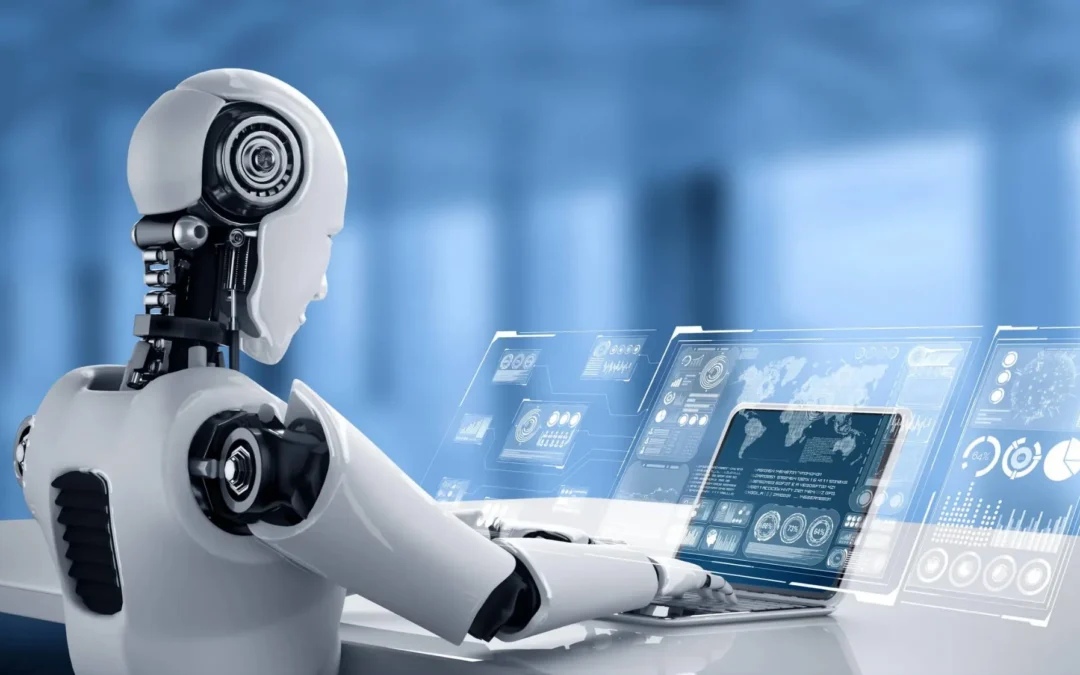Artificial Intelligence (AI) has rapidly evolved from a niche field of study into a transformative force that is reshaping industries, enhancing productivity, and revolutionizing the way we live and work. As we navigate the digital age, understanding AI’s impact and potential is more crucial than ever.
What is Artificial Intelligence?
Artificial Intelligence refers to the simulation of human intelligence in machines that are programmed to think, learn, and adapt. These systems can perform tasks that typically require human intelligence, such as problem-solving, decision-making, and natural language processing. AI encompasses various subfields, including machine learning (ML), natural language processing (NLP), computer vision, and robotics.
Applications of AI in Everyday Life
AI’s influence can be observed in many facets of daily life:
- Healthcare: AI-powered tools assist in early disease detection, personalized treatment plans, and efficient management of medical data. For instance, algorithms analyze medical images to identify conditions like cancer with remarkable accuracy.
- Education: AI-driven platforms offer personalized learning experiences, adaptive testing, and intelligent tutoring systems that cater to individual student needs.
- Business: From automating routine tasks to providing actionable insights through data analysis, AI is helping businesses enhance efficiency and make data-driven decisions.
- Transportation: Autonomous vehicles and traffic management systems are leveraging AI to improve safety and reduce congestion.
- Entertainment: Streaming services use AI algorithms to recommend content tailored to individual preferences, creating a more engaging user experience.
Challenges and Ethical Considerations
While AI offers immense benefits, it also poses significant challenges:
- Bias and Fairness: AI systems can inadvertently perpetuate biases present in training data, leading to unfair outcomes.
- Privacy Concerns: The extensive use of personal data in AI applications raises questions about data security and user privacy.
- Job Displacement: Automation could potentially displace certain jobs, requiring a societal shift to reskill and upskill the workforce.
